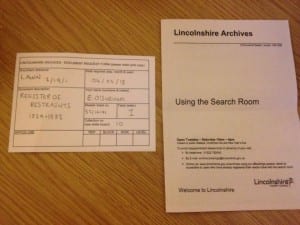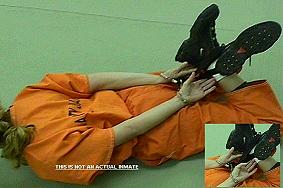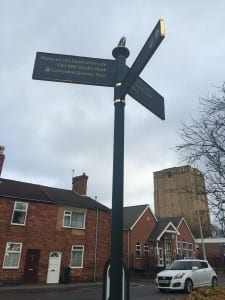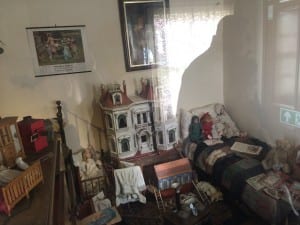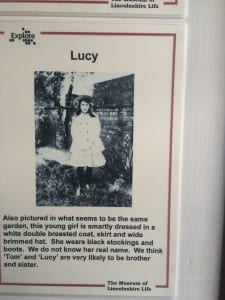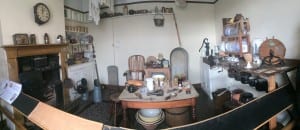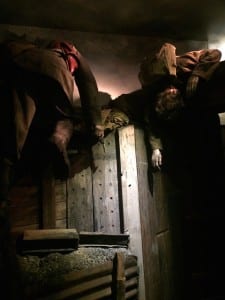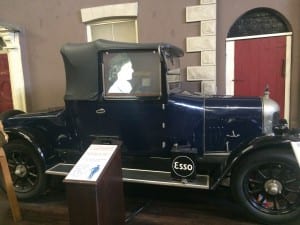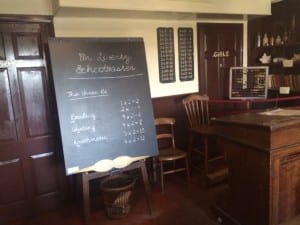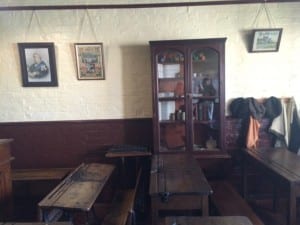Today proved to be an interesting day for us as we took a trip to the Lincoln Archive, a place which allowed us to view information regarding The Lawn, by looking at the original documents which would have been created when it was being used as the Lunatic Asylum. These documents included, Physician Journals, Register of Patients and Register of Restraints.
The document which Ellie and I focused on was the Register of Restraints.
Opening the fragile book, on the first page there was a letter which would have been sent to someone who was considered at the time to be a lunatic. I managed to copy down what this said, as I thought it could potentially be recorded and used in our piece.
‘Gentlemen, having reason to believe from personal enquiry and from the annexed certificate that (Full name) of the parish of (Parish name) in the county of (County name) is a lunatic, we request that he/she may be admitted to the Lincoln Lunatic Asylum.
We are gentlemen, your obedient servants.’
Reading this, I at first thought that as it seemed quite an abrupt letter, which suggested to me that patients were treated harshly, but with a further investigation, methods of restraint did not seem too extreme, and other documents suggested that Entertainment of the patients was quite an important matter.
‘Entertainment for the patients was an important part of their treatment, and provision was made varying from the purchase of Dominoes, a fox and goose board and draughts. (Lawn I/3/106) of the penny and a choice of weekly magazines in the 1830’s (Lawn I/3/222, 247, 233, 292) to music, dancing, cricket, quoits, football, bowls and croquet in 1871.) In 1871 boating, picnics, special dances, theatrical performances, lectures and concerts.’
I was quite surprised after reading the section on entertainment, as from what i already new about asylum’s I did not expect patients to be treated as such. I think the trip to archive was very interesting, and as many historical facts have been gathered, I think it has gave us a good start on the research process.
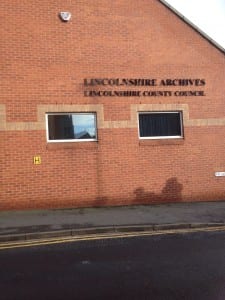
Lincolnshire Archive
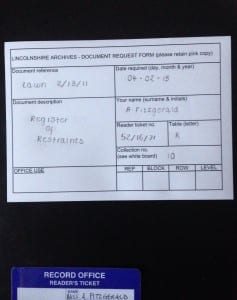
Lincolnshire Archive Document Request Form
Anya Fitzgerald
